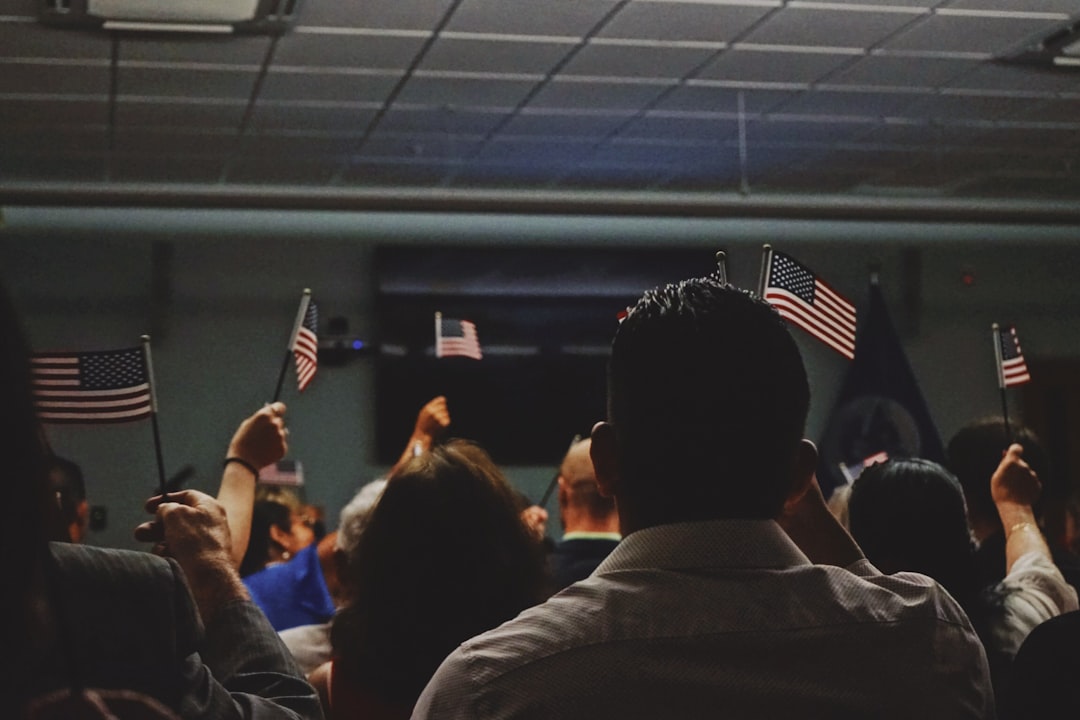How do we decide who is an American citizen? This is a seemingly obvious question to answer, but it is the root of the division that incites so much violence and hostility within our country. Political scientist, Lilliana Mason, posited this idea that what separates the Republican and Democratic party is our understanding of who should be considered American. Essentially, it’s the idea that the polarization that affects much of our country is actually rooted in a deep commitment to social identity. That much of how we view our opponents stems from feelings of group identifications, heightening extreme perspectives and antagonist views of other parties.
While I have yet to reach Mason’s book, Uncivil Agreements, this is a topical conversation as we approach the 2022 midterm elections. Republican and Democratic identity has become so strong that it borders on intimidating. Growing up in a household that held centrist views, I find myself feeling like I have to attach a label or even defend my political viewpoint. The two parties have become so domineering in their perspectives that we are isolating ourselves and community members from the political conversations. Even debates that are supposedly about policy can be seen as masquerading for conversations about identity.
Republicans, really brought about during the Trump era, have advocated for a patriarchal perspective that holds veiled remarks of a pro-white and Christian society. In response to this extremist take, Democrats have had to identify with a less monolithic and more egalitarian stance. So now, policy debates are really about issues of race and cultural, ethnic, and religious ideals. Even when it comes to voting on specific policy perspectives, much of the American population feels a sort of obligation or responsibility to vote on behalf of their political party. Shedding themselves of their moral and personal perspectives, the psychological bias of ingroup bias supersedes the ability to objectively vote on specific issues and assess candidates.
Patterns of racism, homophobia, sexism, and so forth continue to plague our country and its communities. It is apparent that because of extreme perspectives that have taken over the establishment of our political parties, much of our country is not divided on issues of policy, but rather group identification. So, with the midterm elections coming up I challenge you to think critically, think carefully, and look inward. What is it that you truly believe in and how do you assess political aptitude? How do you defend your political standpoint, is this viewpoint rooted in deeply entrenched party politics or is it a stance you have come to collect on your own?

